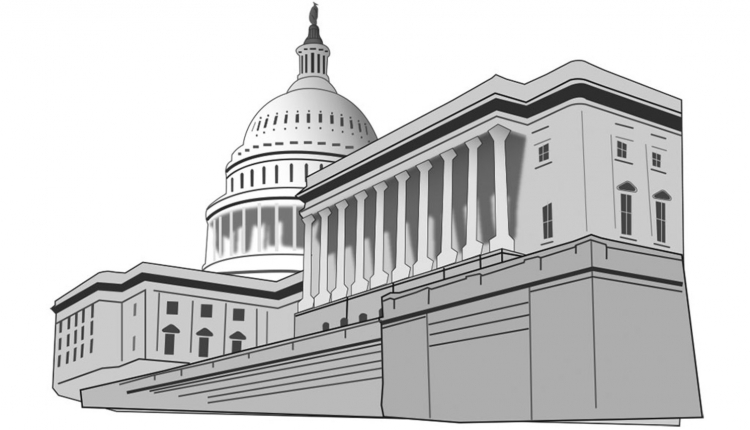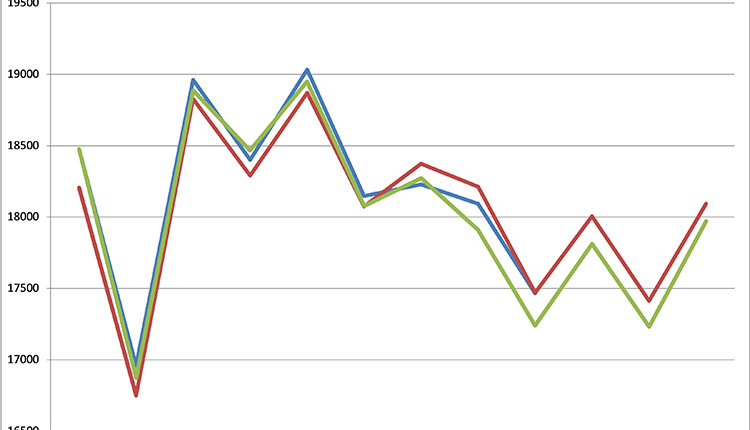Frustrated by the clear lack of progress after three years from the "Beef Checkoff Enhancement Working Group," USDA Secretary Tom Vilsack announced he would take matters into his own hands. The secretary's bold idea? Develop a second, supplemental beef checkoff using rules of the 1996 Generic Commodity Promotion Act. That parallel program could effectively double the financial support provided by the woefully underfunded 1985 Beef Promotion Act. At the same time, the secretary could deal with some of the beef industry's ongoing governance baggage.
To understand the secretary's game-changing decision, one must realize that any changes to the original 1985 beef checkoff require approval by the U.S. Congress. And in that original charter, funding was $1 per head every time an animal makes a stop in the sales chain. Unfortunately, the nation's beef herd has been declining in numbers, and inflation has been hammering away at the value of the dollar. As a result, funding for the checkoff has approached an all-time low.
Perhaps more importantly, the beef checkoff has a less-than-stellar division of who controls the purse strings. While the Cattlemen's Beef Board (CCB) is beef's equivalent to Dairy Management Inc., the organization's budget is largely wrangled by a 20-member operating committee that consists of 10 CCB members and 10 members of the Federation of State Beef Councils. That state federation is a division of the National Cattlemen's Beef Association (NCBA) and it would be like the National Milk Producers Federation playing our dairy promotion program like a marionette puppet. So, it's no coincidence that NCBA received 97 percent of the beef checkoff's promotion contracts in 2013. It's that ongoing issue that recently imploded negotiations by the 11 organizations in the "Beef Checkoff Enhancement Working Group" and caused the National Farmers Union to walk away from the table.
The lack of compromise gave the USDA Secretary the resolve to announce his bold plans for a second checkoff. Will it happen?
Announcing his plans less than 45 days before a national election shows he is serious. Whether or not he moves forward with the parallel beef checkoff in January 2016 and allows it to run three full years before a mandated-by-law referendum is another matter. Even without the second checkoff, his plan serves as a gut-check for NCBA to concede some of its tightly held control if it doesn't want to see the current beef checkoff completely torn apart.
This editorial appears on page 676 of the October 25, 2014 issue of Hoard's Dairyman.
To understand the secretary's game-changing decision, one must realize that any changes to the original 1985 beef checkoff require approval by the U.S. Congress. And in that original charter, funding was $1 per head every time an animal makes a stop in the sales chain. Unfortunately, the nation's beef herd has been declining in numbers, and inflation has been hammering away at the value of the dollar. As a result, funding for the checkoff has approached an all-time low.
Perhaps more importantly, the beef checkoff has a less-than-stellar division of who controls the purse strings. While the Cattlemen's Beef Board (CCB) is beef's equivalent to Dairy Management Inc., the organization's budget is largely wrangled by a 20-member operating committee that consists of 10 CCB members and 10 members of the Federation of State Beef Councils. That state federation is a division of the National Cattlemen's Beef Association (NCBA) and it would be like the National Milk Producers Federation playing our dairy promotion program like a marionette puppet. So, it's no coincidence that NCBA received 97 percent of the beef checkoff's promotion contracts in 2013. It's that ongoing issue that recently imploded negotiations by the 11 organizations in the "Beef Checkoff Enhancement Working Group" and caused the National Farmers Union to walk away from the table.
The lack of compromise gave the USDA Secretary the resolve to announce his bold plans for a second checkoff. Will it happen?
Announcing his plans less than 45 days before a national election shows he is serious. Whether or not he moves forward with the parallel beef checkoff in January 2016 and allows it to run three full years before a mandated-by-law referendum is another matter. Even without the second checkoff, his plan serves as a gut-check for NCBA to concede some of its tightly held control if it doesn't want to see the current beef checkoff completely torn apart.









